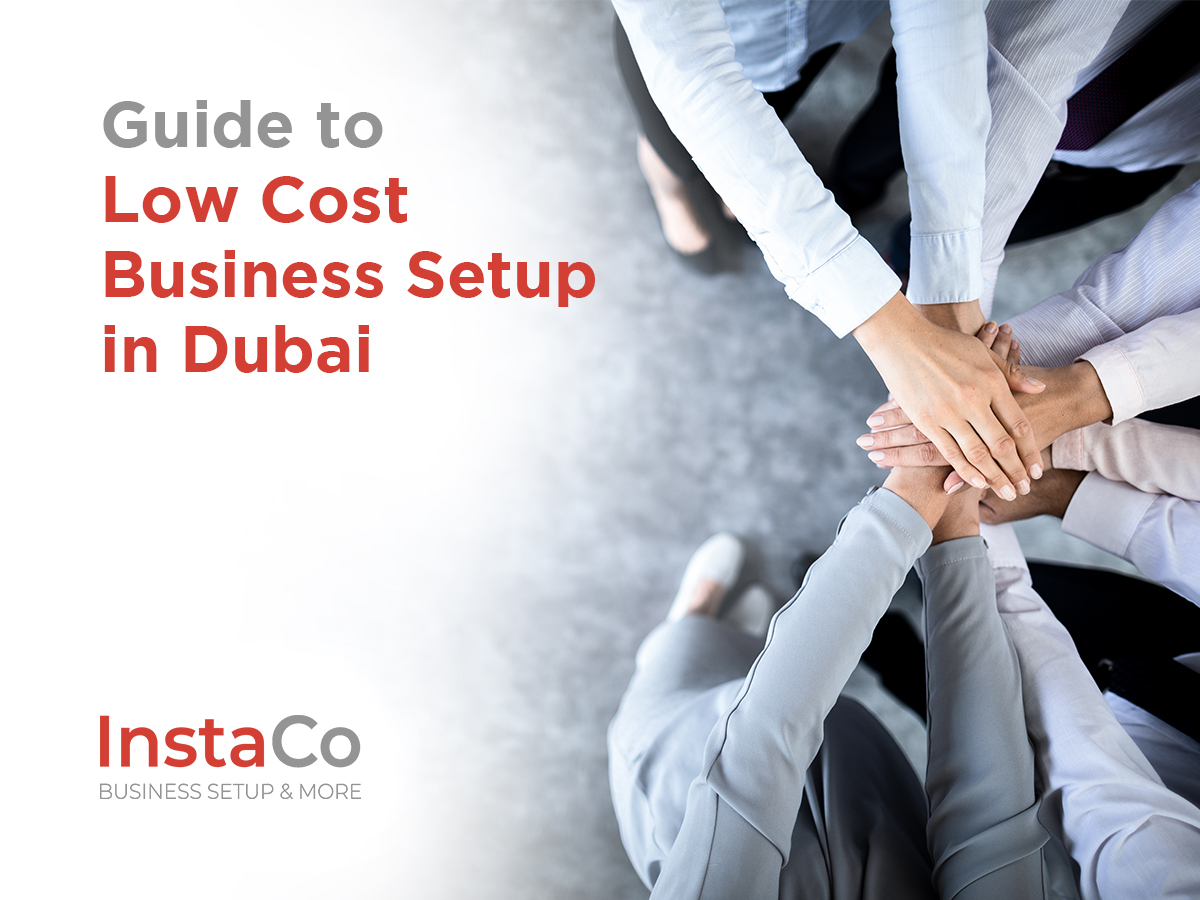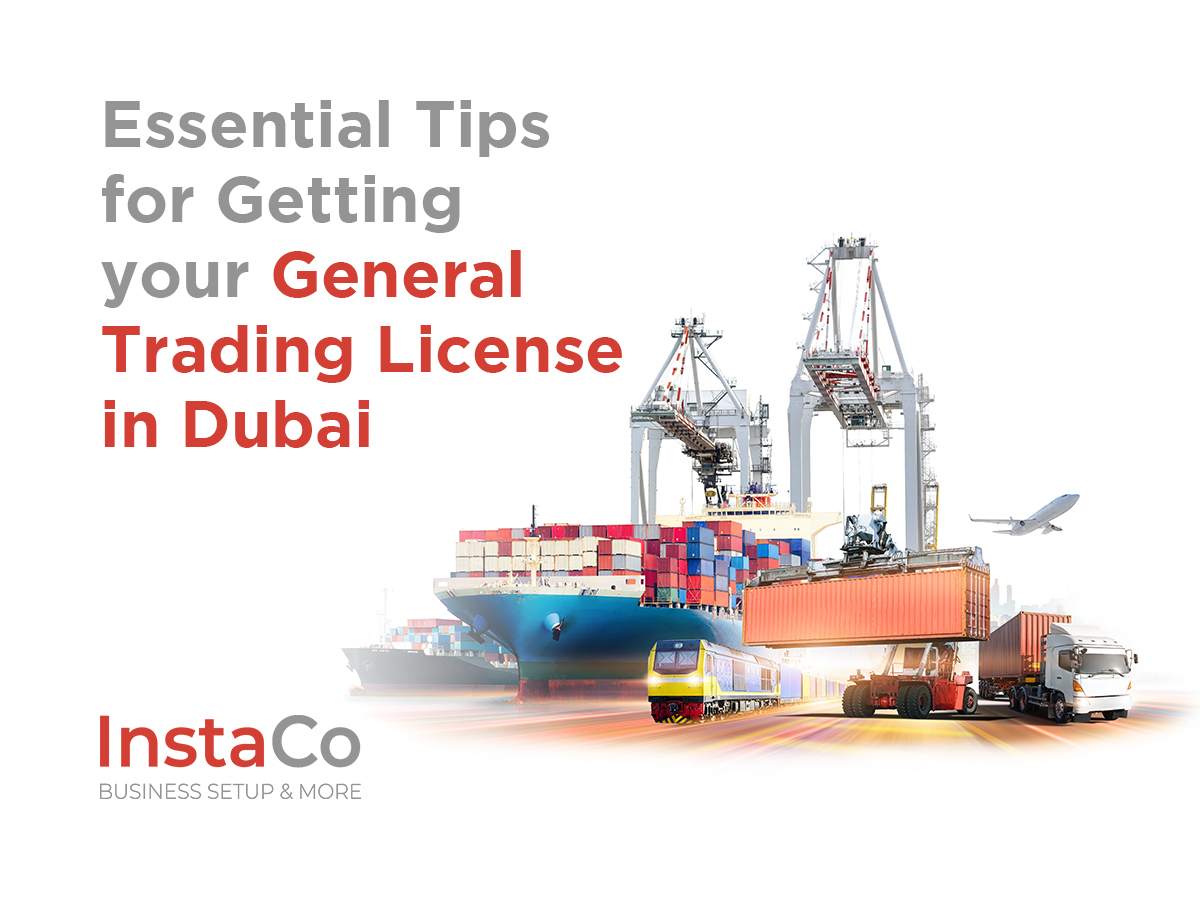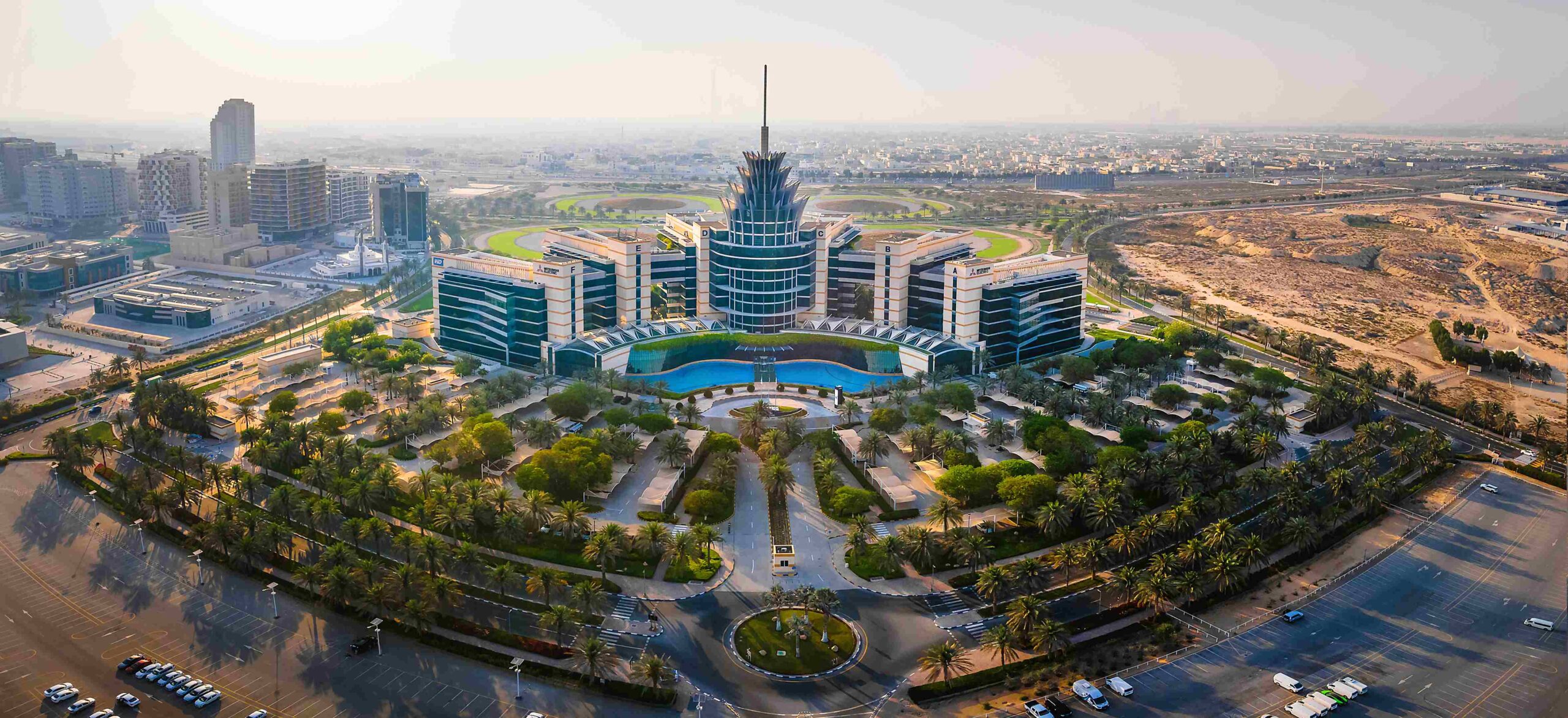The Competitive Landscape: Weighing Dubai Against Business Hub Giants
When considering the optimal location for establishing a business, various global cities come to mind. These cities have established themselves as premier business hubs, each offering unique advantages. For the sake of comparison, we’ll refer to these major hubs using descriptive terms rather than their names.
One such hub, known for its remarkable infrastructure and financial services, is celebrated for its efficient governance and strategic positioning in Southeast Asia. Another, a major player in East Asia, is renowned for its dynamic market and robust regulatory framework. Finally, there’s a city in the Middle East with a reputation for being a tax haven and a gateway to European markets.
Here’s a comparative look at key factors that business leaders consider:
| Factor | Southeast Asia Hub | East Asia Hub
|
Middle East Hub
|
Dubai
|
| Taxes | Low corporate tax | Competitive | Attractive | Zero corporate tax for many
|
| Infrastructure | State-of-the-art | Advanced | Modern | World-class, cutting-edge
|
| Market Access
|
ASEAN region
|
Asia-Pacific
|
Europe | Middle East, Africa, Asia |
| Ease of Business Formation
|
High | Moderate | High | Very High
|
| Government Support | Significant
|
Strong | Moderate | Exceptional |
| Economic Diversification
|
Limited | Broad | Limited | Highly diversified
|
| Strategic Location
|
Central in ASEAN
|
North Asia
|
Near Europe
|
Global trade gateway
|
Why Dubai Business Hub Emerges as the Frontrunner
Strategic Location & Connectivity
Dubai’s strategic location is one of its most compelling advantages as a business hub. Positioned at the crossroads of Europe, Asia, and Africa, Dubai serves as a pivotal gateway for international trade. This unique geographical positioning allows businesses based in Dubai to efficiently connect with key markets across these continents.
The city’s world-renowned airports, such as Dubai International Airport (DXB) and Al Maktoum International Airport (DWC), provide extensive global flight networks, ensuring quick and convenient travel. Additionally, Dubai’s ports, including Jebel Ali Port, the largest man-made harbour in the world, offer robust maritime connectivity, facilitating seamless import and export activities.
Diversified & Booming Economy
Dubai’s economy is a testament to strategic foresight and innovation. Historically known for its oil wealth, the emirate has successfully transitioned to a diversified economic model. This shift is evident in its thriving sectors such as tourism, real estate, finance, and technology, which now play a significant role in its economic landscape. Tourism in Dubai is bolstered by world-renowned attractions like the Burj Khalifa, luxury shopping, and cultural festivals that draw millions of visitors annually. The real estate market, with iconic projects like Palm Jumeirah and Dubai Marina, attracts investors worldwide.
In the financial sector, Dubai International Financial Centre (DIFC) stands as a leading global financial hub, offering a robust regulatory environment and a thriving ecosystem for banks, asset managers, and fintech companies. Additionally, Dubai’s push towards becoming a technology leader is evident through initiatives like Smart Dubai and Dubai Silicon Oasis, which foster innovation and attract tech startups from around the globe.
This economic diversification ensures resilience against global economic fluctuations and creates a stable environment for businesses. Moreover, Dubai’s proactive government policies and investment in infrastructure continue to support and accelerate this growth. The city’s ability to adapt and expand its economic base positions it as a dynamic and promising location for businesses seeking sustainable growth and long-term success.
Government Support & Business-Friendly Policies
Dubai’s government is dedicated to creating a highly favourable business environment, making it remarkably attractive for entrepreneurs and established companies alike. As a premier Dubai business hub, the city offers a variety of incentives designed to facilitate business growth and operational efficiency. Key among these incentives are tax exemptions; many businesses in Dubai benefit from zero corporate tax, which significantly reduces operational costs and enhances profitability.
Additionally, Dubai allows for full foreign ownership of businesses in many sectors, particularly within its numerous free zones. This policy eliminates the need for local sponsorship and provides international investors with complete control over their ventures. The process of setting up a business in Dubai is streamlined and efficient, with minimal bureaucratic hurdles. The government has implemented various e-government initiatives to further simplify and expedite business registration and licensing processes.
Moreover, Dubai’s legal framework is robust and transparent, providing a secure environment for business operations. The emirate also offers numerous support programs for startups and SMEs, including funding opportunities, mentorship, and networking platforms. These programs are part of a broader strategy to foster innovation and entrepreneurship in the Dubai business hub, ensuring that new and growing businesses have the resources and support they need to succeed.
The commitment of Dubai’s government to maintaining a pro-business climate is evident in its continuous efforts to improve infrastructure, regulatory frameworks, and overall ease of doing business. This unwavering support makes Dubai not just a viable option, but a top choice for businesses looking to establish a presence in a dynamic and rapidly growing market.
Unveiling Dubai’s Innovation Ecosystem: Fueling Your Business Growth
Cutting-Edge Infrastructure & Free Zones
Dubai is home to numerous free zones, each catering to specific industries. These zones offer world-class infrastructure, advanced technology, and a business-friendly environment. Examples include Dubai Internet City for tech firms, Dubai Media City for media and advertising companies, and Dubai Healthcare City for the medical industry. These free zones within the Dubai business hub provide tailored support to help businesses thrive.
Fostering Entrepreneurship & Access to Capital
The Dubai government actively fosters entrepreneurship through various initiatives and funding opportunities. Programs like Dubai Startup Hub and accelerators such as in5 and FinTech Hive provide startups with the necessary resources, mentorship, and access to venture capital. These initiatives ensure that entrepreneurs have the support they need to innovate and scale their businesses.
A Multicultural Hub & Gateway to Emerging Markets
Dubai’s diverse talent pool is one of its greatest assets. The city attracts professionals from around the world, creating a rich multicultural environment that fosters creativity and innovation.Additionally, Dubai’s strategic location as a leading Dubai business hub provides businesses with direct access to emerging markets in the Middle East, Africa, and Asia, offering significant growth opportunities.
Dubai: More Than Just Business – A Thriving Lifestyle Destination
World-Class Infrastructure & Quality of Life
Dubai is not just a business destination; it’s a city designed for living. The emirate boasts world-class infrastructure, including top-notch healthcare facilities, safety and security, and excellent schools and family-friendly amenities. These factors contribute to a high quality of life, making Dubai an attractive place for expatriates and their families.
A Cultural Melting Pot & Rich Experiences
In the heart of the bustling Dubai business hub, the city epitomises a cultural melting pot, offering rich experiences for residents and tourists alike. Its diverse population brings together varied traditions, cuisines, and lifestyles, creating a vibrant tapestry of multiculturalism. From traditional souks and heritage sites to modern art galleries and international festivals, Dubai provides a plethora of cultural attractions. Whether exploring historical landmarks, indulging in global cuisines, or immersing oneself in artistic endeavours, visitors are sure to encounter a myriad of enriching experiences that showcase the city’s dynamic and inclusive ethos.
A Strategic Base for Global Expansion
As a hub for international business, Dubai serves as an ideal base for companies looking to expand globally. Its strategic location, coupled with excellent connectivity and business-friendly environment, solidifies its reputation as a premier Dubai business hub. This makes it a perfect springboard for accessing new markets. Companies based in Dubai can efficiently manage operations across different regions, leveraging the city’s extensive trade networks.
Is Dubai Right for Your Business?
To determine if Dubai is the right fit for your business, consider the following checklist:
Market Access: Does your business benefit from proximity to markets in the Middle East, Africa, and Asia?
Tax Benefits: Are you looking for a tax-friendly environment with zero or low corporate taxes?
Ease of Setup: Is a streamlined and supportive business formation process important to you?
Economic Stability: Do you prefer a diversified economy with growth potential in various sectors?
Government Support: Are you seeking a location with strong government incentives and support for businesses?
Quality of Life: Is a high standard of living, with access to quality healthcare, education, and safety, important for you and your employees?
Innovation Ecosystem: Does your business thrive in an environment with cutting-edge infrastructure and access to venture capital?
If you answered “yes” to most of these questions, Dubai could be an ideal location for your business.
Conclusion: Unleashing Your Business Potential in Dubai
Dubai stands out as a premier business hub, offering a unique blend of strategic location, economic diversification, and supportive government policies. Its world-class infrastructure, thriving innovation ecosystem, and high quality of life make it an attractive destination for businesses and professionals alike
By choosing Dubai as your Dubai business hub, you position your business at the heart of global trade, with access to emerging markets and opportunities for unparalleled growth. Whether you’re a startup or an established enterprise, Dubai provides the ideal environment to unleash your business potential.









